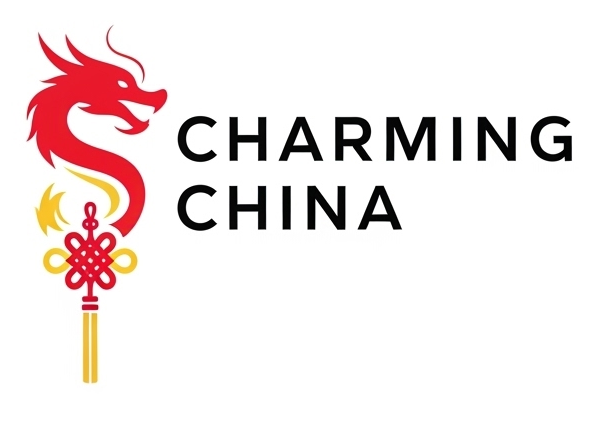Zodiac in Festivals
In Chinese culture, festivals are more than holidays—they’re expressions of cosmic rhythm, family unity, and ancestral wisdom. At the heart of many celebrations lies the Chinese zodiac, a twelve-animal cycle that influences everything from decorations and food to rituals and storytelling. Each year, the zodiac animal brings its own energy, shaping how people celebrate and reflect. To celebrate a festival in China is to honor the spirit of the zodiac.
Major Festivals & Zodiac Influence
Chinese New Year (Spring Festival)
- Marks the beginning of the lunar year, with the zodiac animal of the year taking center stage
- Decorations, red envelopes, and greetings often feature the year’s animal (e.g., dragons, rabbits, pigs)
- Families prepare foods and rituals that reflect the traits of the zodiac sign—e.g., dumplings for wealth in the Year of the Rat
Lantern Festival
- Held on the 15th day of the first lunar month
- Lanterns often feature zodiac animals, especially the current year’s sign
- Children play games and solve riddles tied to zodiac stories
Mid-Autumn Festival
- Celebrated in the eighth lunar month, focused on reunion and reflection
- Mooncakes may be themed around the zodiac animal of the year
- Zodiac traits (e.g., Rabbit’s gentleness) influence the tone of family gatherings
Dragon Boat Festival
- Honors the poet Qu Yuan and features zongzi (sticky rice dumplings)
- While not directly tied to the zodiac cycle, the Dragon—one of the twelve signs—adds symbolic depth to the festival’s imagery
Zodiac Symbolism in Festive Customs
Each zodiac animal carries traits that influence how people behave and what they hope for during festivals:
| Animal | Festival Influence Example |
|---|---|
| Rat | Cleverness and wealth—emphasized in New Year games and gifts |
| Ox | Hard work and strength—reflected in agricultural rituals |
| Tiger | Courage and protection—used in children’s charms and masks |
| Rabbit | Peace and kindness—shapes Mid-Autumn family themes |
| Dragon | Power and prosperity—dominates Spring Festival parades |
| Snake | Wisdom and mystery—featured in storytelling traditions |
| Horse | Freedom and speed—symbolized in folk dances |
| Goat | Gentleness and creativity—seen in festival crafts |
| Monkey | Playfulness and wit—inspires riddles and games |
| Rooster | Precision and pride—reflected in ceremonial timing |
| Dog | Loyalty and justice—honored in ancestral offerings |
| Pig | Abundance and joy—celebrated in festive meals |
Zodiac in Decorations & Rituals
- Paper Cuttings & Couplets: Zodiac animals appear in red paper art and poetic banners
- Costumes & Performances: Zodiac-themed dances, masks, and puppetry bring animals to life
- Offerings & Altars: Families may include zodiac symbols in ancestral rituals for luck and protection
These elements help pass down cultural values and zodiac stories to younger generations.
The Chinese zodiac isn’t just a calendar—it’s a living presence in every festival. It shapes how people decorate, what they eat, and how they connect. Through the zodiac, festivals become more than celebrations—they become stories of identity, hope, and cosmic harmony.
